2.0 distillation chemistry | what is distillation?
Article Contents
Distillation chemistry:- It is a separation process used to purify or isolate different components of a mixture based on their boiling points. This technique has a wide range of applications in various fields, including chemistry, biology, and industry. In this article, we will discuss the basics of distillation chemistry, its types, and examples of its applications.

Distillation Chemistry Basics
Distillation works on the principle that the boiling point of a liquid mixture depends on the composition of the mixture. When a liquid mixture is heated, the component with the lowest boiling point will vaporize first. The vapors are then condensed and collected separately to obtain pure components. This process can be carried out in a single step or multiple stages, depending on the complexity of the mixture and the desired level of purity.

The efficiency of distillation depends on several factors, including the boiling points of the components, the pressure of the system, and the rate of heating. In general, the greater the difference in boiling points between the components, the easier it is to separate them by distillation.
what is distilation?
This is separation process which works on vapor pressure difference.
what is distillation chemistry types
There are several types of distillation techniques that are used in different applications. Some of the most common types include:
- Simple Distillation: Simple distillation is used to separate a liquid mixture with two components that have significantly different boiling points. The mixture is heated, and the component with the lower boiling point vaporizes first, leaving the other component behind. The vapor is then condensed and collected in a separate container.
An example of simple distillation is the separation of ethanol and water. Ethanol has a lower boiling point than water, so it vaporizes first, leaving behind water. The vapors of ethanol are then condensed and collected separately.
- Fractional Distillation: Fractional distillation is used to separate a liquid mixture with multiple components that have boiling points that are close to each other. In this process, the mixture is heated, and the vapors rise up a column that contains several trays or packing materials. Each tray or packing material has a different temperature, and as the vapors rise, they condense and vaporize again, allowing for the separation of the different components.
An example of fractional distillation is the separation of crude oil into its various fractions, such as gasoline, diesel fuel, and lubricating oil. The different components have boiling points that are close to each other, and fractional distillation allows for their separation.
- Vacuum Distillation: Vacuum distillation is used when the boiling points of the components are too high, and it is not possible to separate them by simple or fractional distillation. In this process, the mixture is heated under reduced pressure, which lowers the boiling points of the components, making it possible to separate them.
An example of vacuum distillation is the purification of fatty acids from natural sources such as vegetable oils. Fatty acids have high boiling points, and vacuum distillation is required to obtain them in a pure form.
- Steam Distillation: Steam distillation is used to separate volatile compounds from non-volatile compounds. In this process, the mixture is heated with steam, and the volatile compounds are carried away by the steam. The steam is then condensed, and the volatile compounds are collected separately.
An example of steam distillation is the extraction of essential oils from plants. Essential oils are volatile compounds that can be separated from the non-volatile plant material by steam distillation.
application of distillation in industry
Distillation has a wide range of applications in various fields. Some of the most common applications include:
- Petroleum Refining: Petroleum refining is a complex process that involves the separation of crude oil into its various fractions using fractional distillation. This process allows for the production of different fuels and lubricants that are used in transportation and industry.
- Chemical Production: Dist

Distillation is also commonly used in the production of various chemicals. For example, in the production of ethanol, distillation is used to purify the crude ethanol obtained from fermentation into a more concentrated and pure form.
- Purification of Pharmaceuticals: Distillation is often used in the purification of pharmaceuticals. For example, in the production of antibiotics, distillation is used to purify the crude product obtained from fermentation into a more concentrated and pure form.
- Food and Beverage Industry: Distillation is used in the production of alcoholic beverages such as whiskey, vodka, and gin. It is also used in the production of flavorings and extracts used in the food industry.
- Water Purification: Distillation is used in water purification to remove impurities such as salts, minerals, and bacteria. In this process, water is heated and vaporized, and the pure vapor is collected and condensed to obtain pure water.
Conclusion
We understand that ” application of distillation in industry “
Distillation is a powerful separation technique used to purify or isolate different components of a mixture based on their boiling points. There are several types of distillation techniques, including simple, fractional, vacuum, and steam distillation. Distillation has a wide range of applications in various fields, including petroleum refining, chemical production, pharmaceuticals, food and beverage industry, and water purification. By understanding the principles of distillation chemistry, we can develop more efficient and effective separation processes for various applications.
Read Also,
fractional distillation questions and answers
what is distillation chemistry
real life application of distillation
14 COMMENTS
Comments are closed.





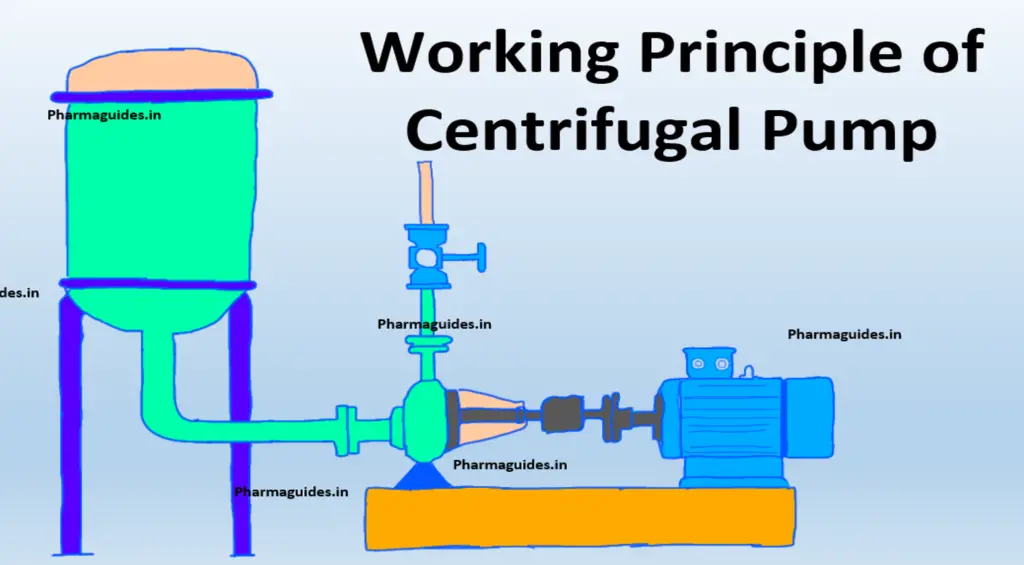
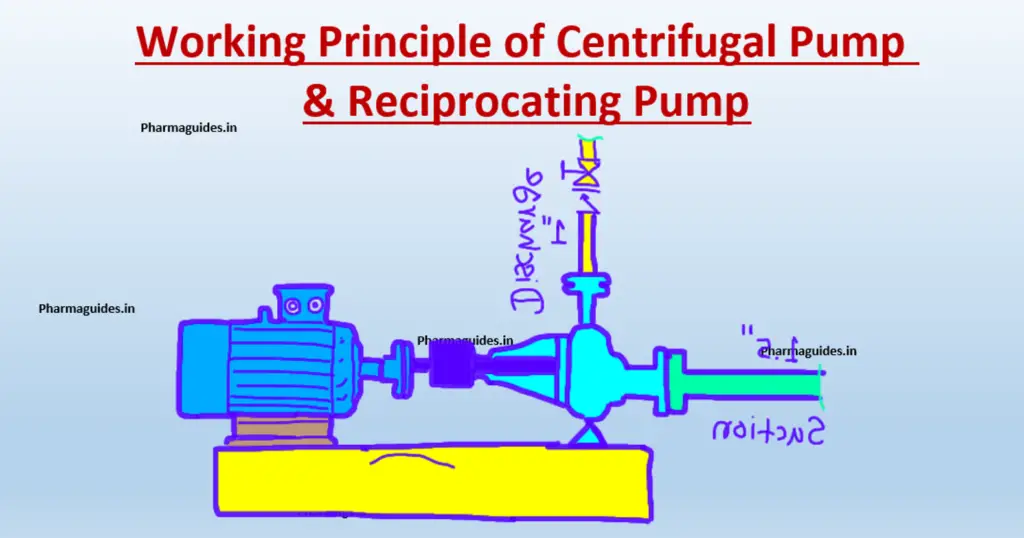
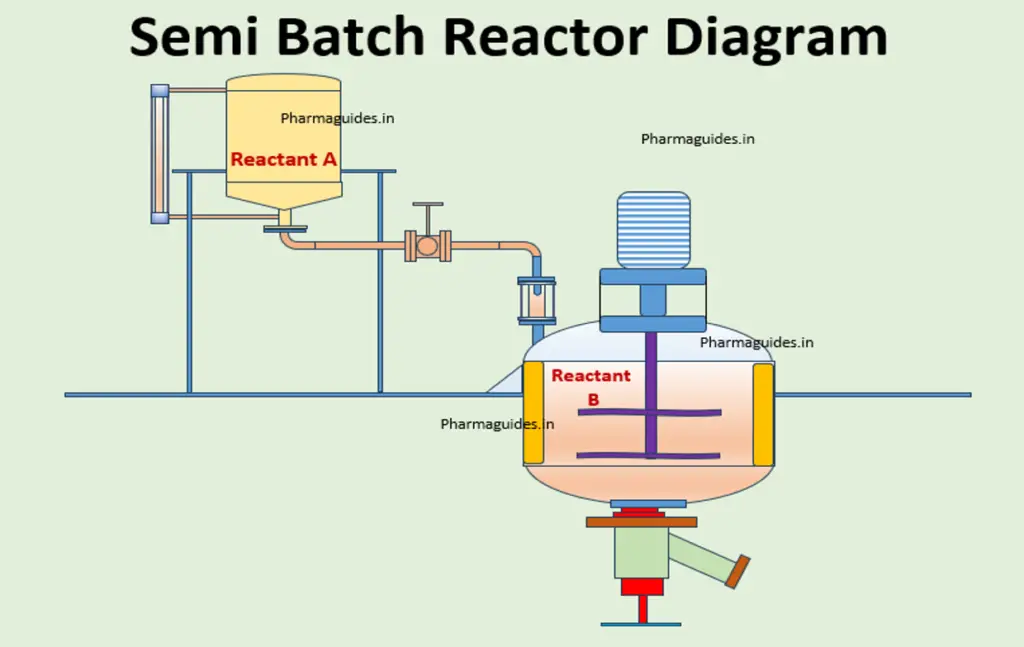
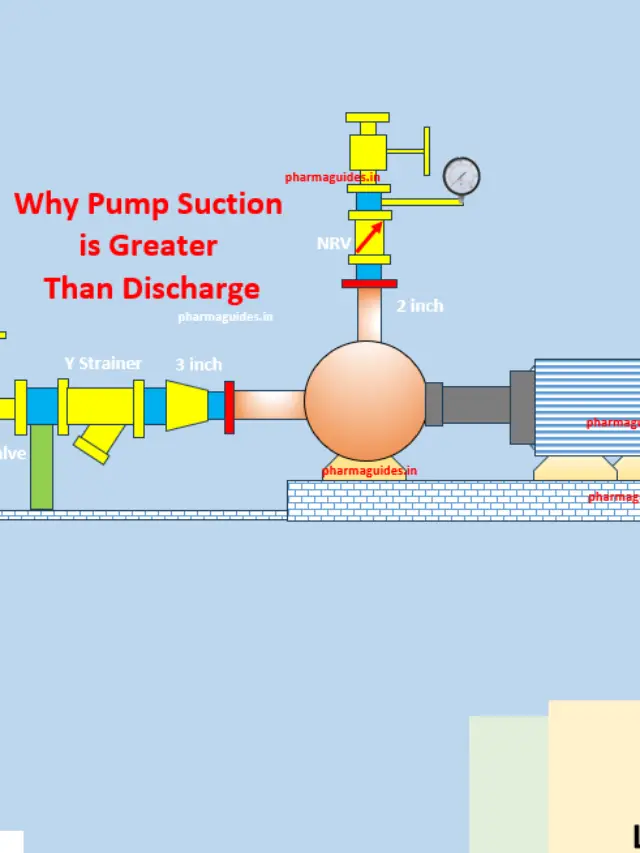
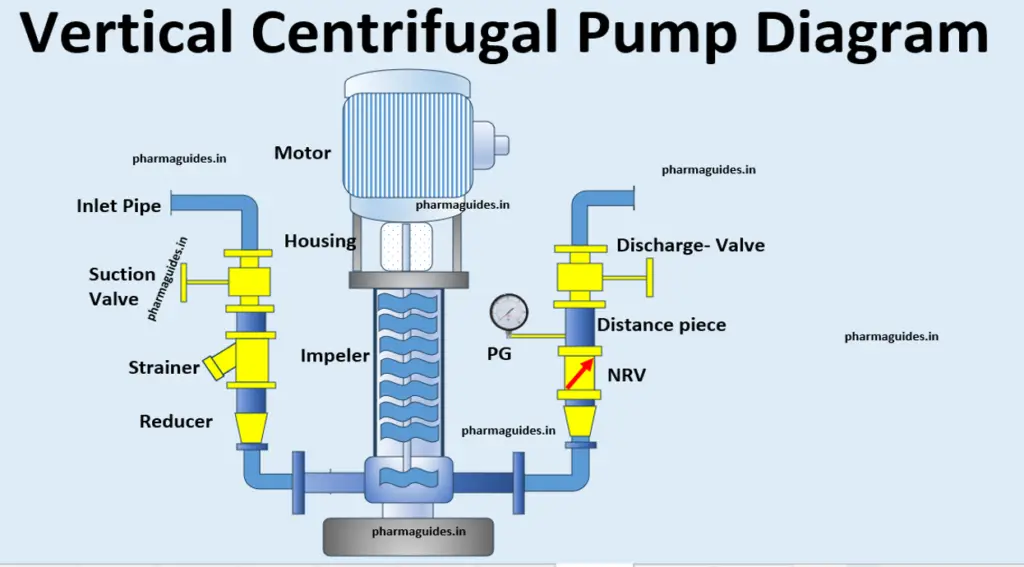
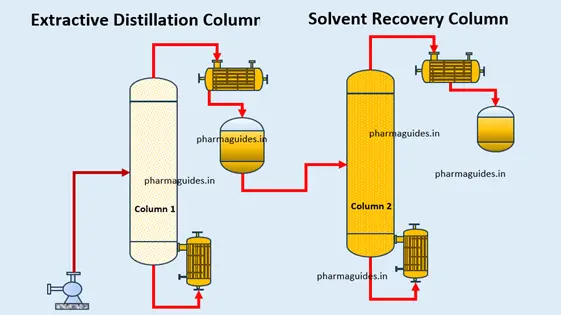
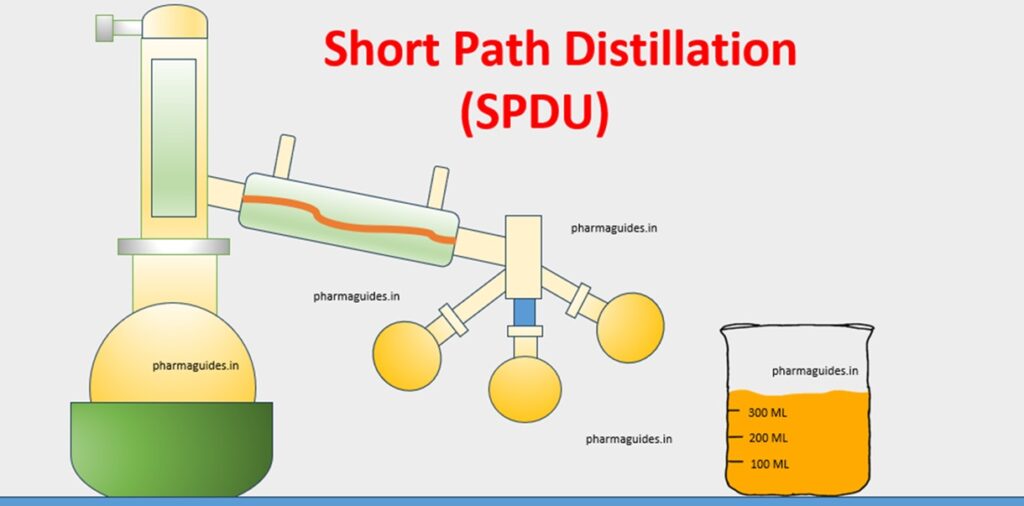
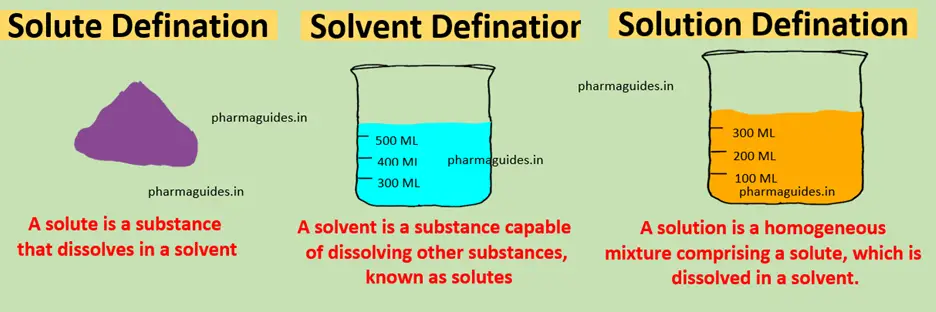
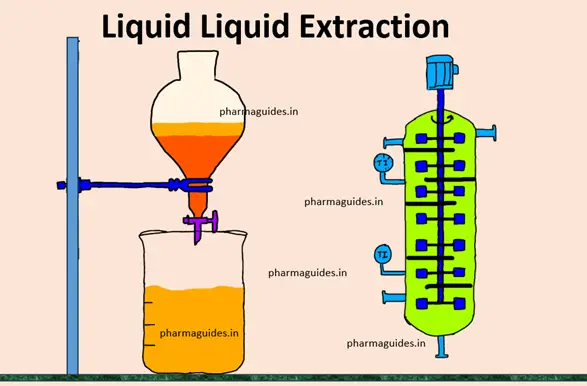
недорогие детÑкие кроватки
https://mebelpodarok.ru/
кроватка транÑформер Ð´Ð»Ñ Ð½Ð¾Ð²Ð¾Ñ€Ð¾Ð¶Ð´ÐµÐ½Ð½Ð¾Ð³Ð¾ купить роÑтов на дону
http://www.rostovskayamebel.ru
купить большой шкаф купе недорого курÑк
https://kurskayamebel.ru/
кроватка Ñ Ð¿ÐµÐ»ÐµÐ½Ð°Ð»ÑŒÐ½Ñ‹Ð¼ Ñтоликом и комодом купить белгород
http://belgorodskayamebel.ru/
детÑкие кроватки в интернет магазине белгород
https://belgorodskayamebel.ru/
http://cse.google.ne/url?q=https%3A%2F%2Fcsnbomber.com